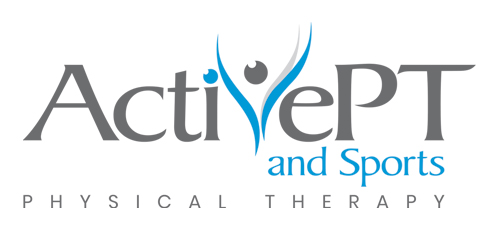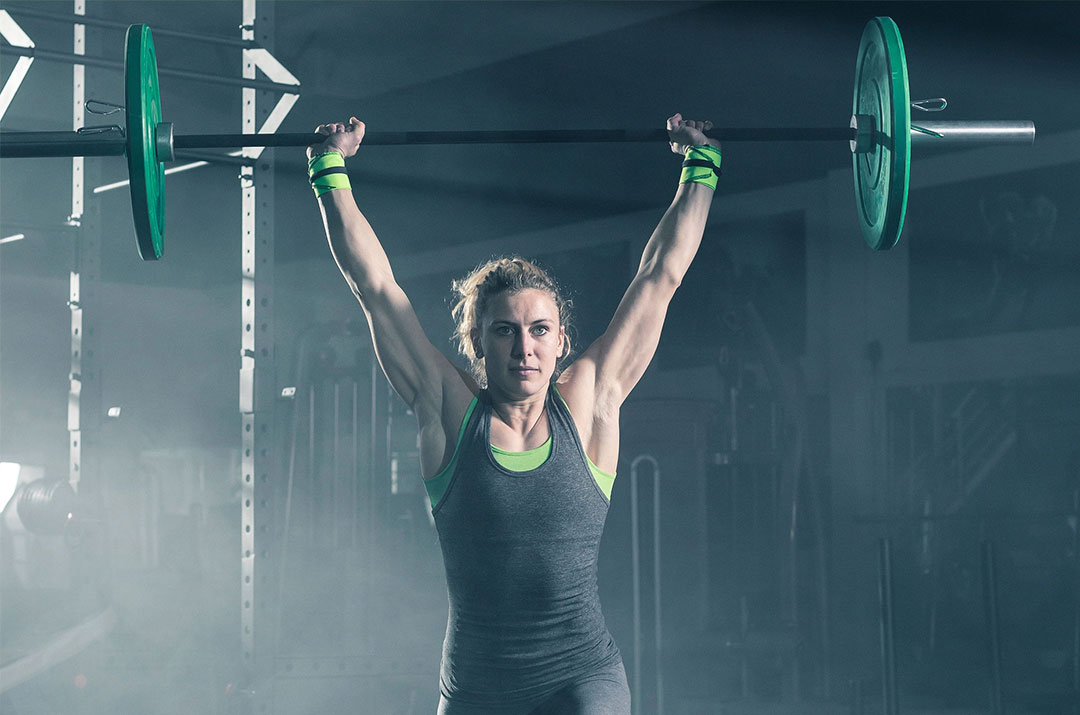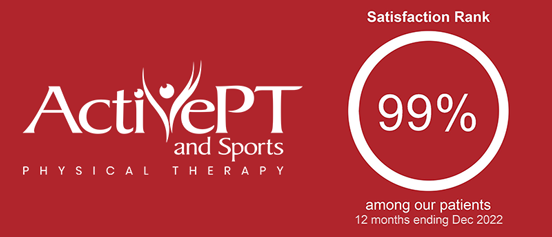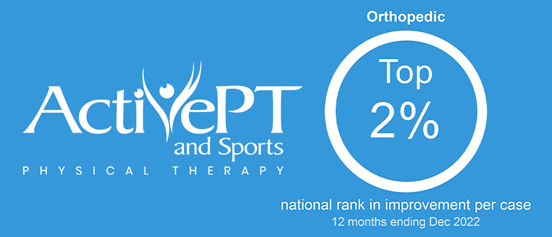If you are entering the CrossFit Open with an injury or become injured during the Open, knowing when to push your body is critical. No one wants to deal with an injury at the peak of their competitive season. You may feel conflicted, frustrated and ready to give the upcoming WOD everything your body has to offer. You may be struggling with an internal conflict between short-term pain and long-term gain. Knowing when to push and when to scale can be a critical decision for your CrossFit future.
THE HYPE
One of the most incredible aspects of CrossFit is the sense of motivation we feel when we compete. You compete against the clock, against others, and against yourself. This motivation pushes you to go harder and reach new personal records. It drives us to compete in the CrossFit Open, but it can also drive you to worsen your injury.
Before the competition, be honest with yourself about your competitive spirit and the excitement you will feel when competing. Be realistic about your desire to push hard and be prepared for signs that your body may be sending as a means of protection.
WHEN TO SCALE
Choosing to scale your WOD can be a very difficult decision. Some injuries may make this decision easy – it may not be possible to participate unless you scale. However, if the decision isn’t easy, consider the long-term consequences of reinjury. Worse, consider whether more weight may produce dangerous compensations and cause a new injury entirely. Are you willing to deal with the daily pain and debilitation of a new or worse injury?
The simple rule of thumb is: if your pain causes you to compensate at the Rx weight, you should scale. Doing so will give you the time you need to recover, rehabilitate your injury, and return as a stronger athlete for next year’s Open.
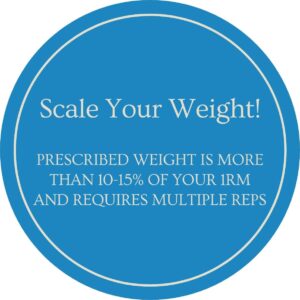
CAN VERSUS SHOULD
Can you compete at the Rx weight? The answer may be yes. But, should you? Starting the CrossFit Open with an injury or suffering one during the competition creates this internal conflict of can versus should. The first step in making this decision is to tap into your resources. If you have a medical professional who is helping you rehabilitate your injury, ask their opinion.
As with any injury, choosing a specialist who understands your sport and your personal goals is critical to making the best possible decision. As a physical therapist, athlete, and coach, I understand the desire to compete and how much time is dedicated to reaching peak performance. Physical Therapists like me can help you decide if you SHOULD compete. A dedicated medical professional should ask about your personal goals, work, and family demands on your body. We will consider all aspects of your life, including your short and long-term goals to help you decide whether or not to scale.
Last, know when to stop. No one wants to slow down or stop mid-workout. However, talk through “stop” scenarios with your therapist BEFORE you compete. You should start each WOD with a strong understanding of when NOT to push through the pain. Your therapist can help you be prepared for “green light” and “red light” situations so the excitement of competition doesn’t result in something you’ll later regret.
If you are struggling with pain or injury, or if a new injury develops during the CrossFit open, have your injury assessed by a practitioner who understands the demands of the sport. We offer free 15-minute screening appointments and can often see you the same day. Be wary of practitioners who simply tell you to “stop” without first considering other alternatives to allow you to compete.
Courtney Hilmanowski DPT, OCS is a member of Progression Fitness Rochester, MN, and provides lifters a unique environment for physical therapy care right inside her gym. If you are dealing with a lifting injury or interested in improving your lifting performance, contact Courtney today for a free 15-minute screening appointment in person or via live video to get your questions answered quickly.
![]()
